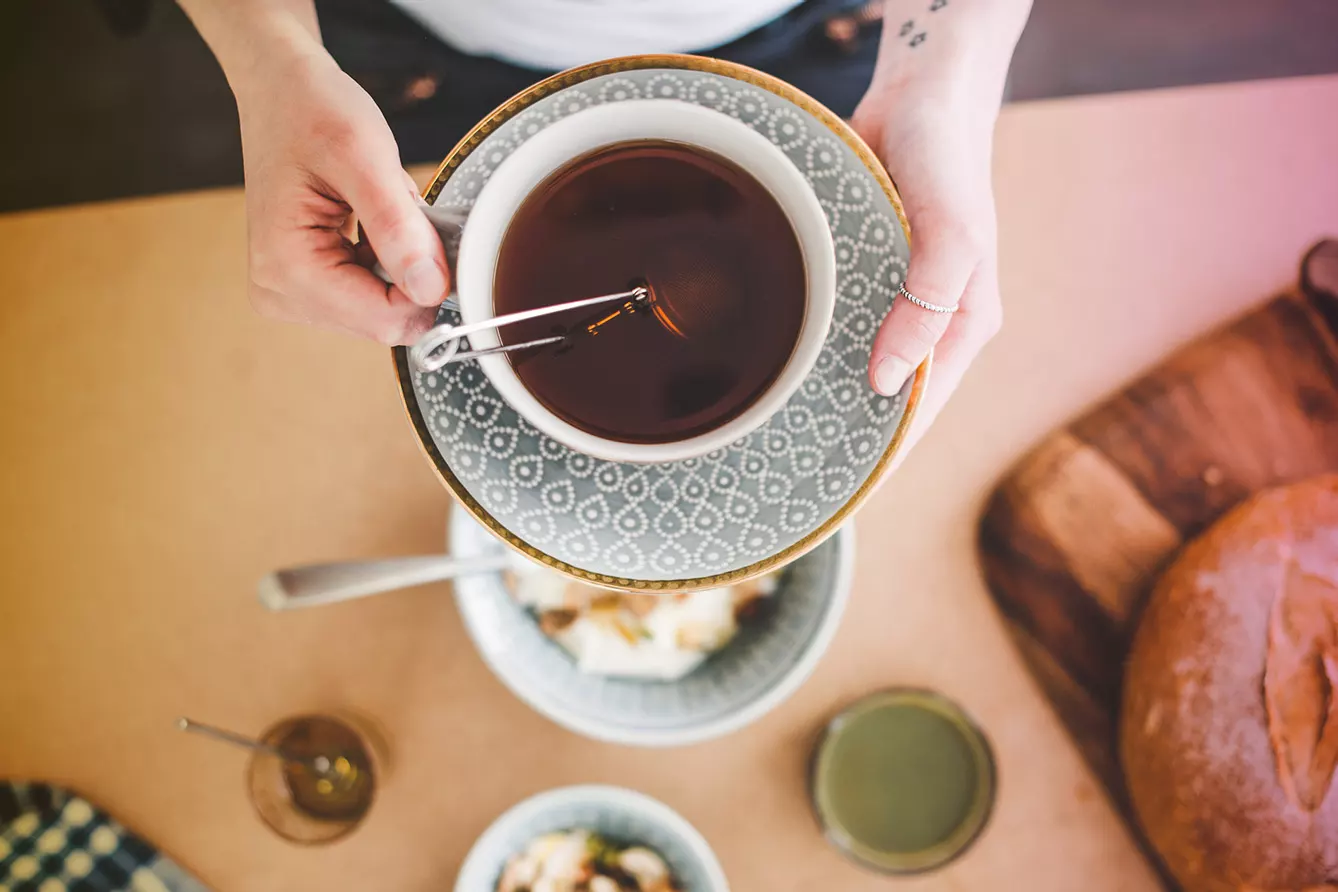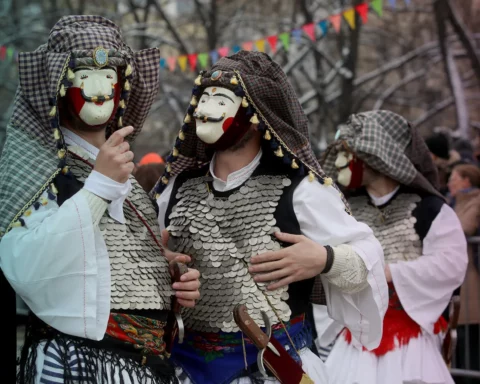Tea is easy to find in Bulgaria, but it is often kept in the back of the pantry just in case someone in the household gets sick. Bulgarians are familiar with the benefits of drinking tea, but the idea that tea is something you drink when coming down with a cold in the winter persists. Now, new local companies specializing in tea production are working on expanding that perception.
Tea in Bulgaria: an unlikely relationship
“In the last 2-3 years, there has been an increased interest in tea, in herbal mixtures, and decoctions,” observes Axinia Triova, co-owner of the Bulgarian Tea Company, which has over a 10% market share in Bulgarian tea. “The crisis has not affected us negatively. Tea is a beverage for times of crisis. A lot of Bulgarian teas are functional teas and drinks with medical benefits; over the last few years, more people have been looking for healthy options.” Triova’s company sells its products – over 100 types of tea – to both tea-drinking countries such as the UK and Germany and markets with a more ambivalent attitude to the beverage, such as Greece and Romania.
Tea is easy to find in Bulgaria, but it is often kept in the back of the pantry just in case someone in the household gets sick.
Despite the availability of tea, Bulgaria and the larger region are still learning about the tea-drinking culture. One of the reasons for the lacking knowledge is that in countries like Bulgaria, the tea of choice is an herbal infusion tea. In contrast, the original culture of drinking tea is associated with Asian tea plants. “In our country, only the name is tea, but it is actually a herbal mixture,” explains Triova. “Typically, what we call tea here are herbal potions.”
In addition, Bulgaria is a traditionally coffee-drinking country. “In Bulgaria, people don’t really like to drink tea because we have the European tradition of coffee. The Ottomans introduced coffee to Europe, even though the Ottoman Empire itself was not a coffee producer. The empire saw coffee as a tactical drink, giving it to its soldiers before important battles to stimulate them,” says Prof. Vladimir Chukov, Arabist at the “Angel Kanchev” University of Ruse.
Orphan in café menu
Despite its proximity to the Middle East and exposure to its culture, Bulgaria never adopted tea as a popular mass drink. “In the Middle East, there is an established culture of drinking tea. While in our country we say, “Let’s meet for coffee,” in the Middle East, the drink of choice would be tea, also due to the higher temperatures which tea helps to manage better.”
One of the reasons for the lacking tea drinking culture is that in countries like Bulgaria, the tea of choice is an herbal infusion tea
Usually exiled to the very last page of the menu, teas are not an essential part of the menu of most coffee shops and restaurants in Bulgaria. But those determined to find them know where to look. According to Zhaneta Ivanova, who runs a tea and spice shop in the city of Shumen in northeastern Bulgaria, medicinal teas, a mix of many Bulgarian herbs, are a hot commodity. “Mostly young people are looking for tea so they can get vitamin C or rosehip to support their immune systems. I recommend dandelion root for liver cleansing and kidney problems. My customers come prepared. They’ve read up on the internet and know exactly what they need,” Ivanova says.
Due to its climate, the medicinal flora in Bulgaria is considered one of the richest in Europe. Collecting wild herbs is a centuries-old tradition in Bulgaria. It is estimated that around 17,000 tonnes of tea herbs are harvested annually, but only 10% of those are being fully exploited in Bulgaria. Known for their high quality, countless Bulgarian herbs continue their journey to countries such as Germany, France, the Netherlands, and the US, where chances are they will end up eventually in your cup of tea. Enjoy.







